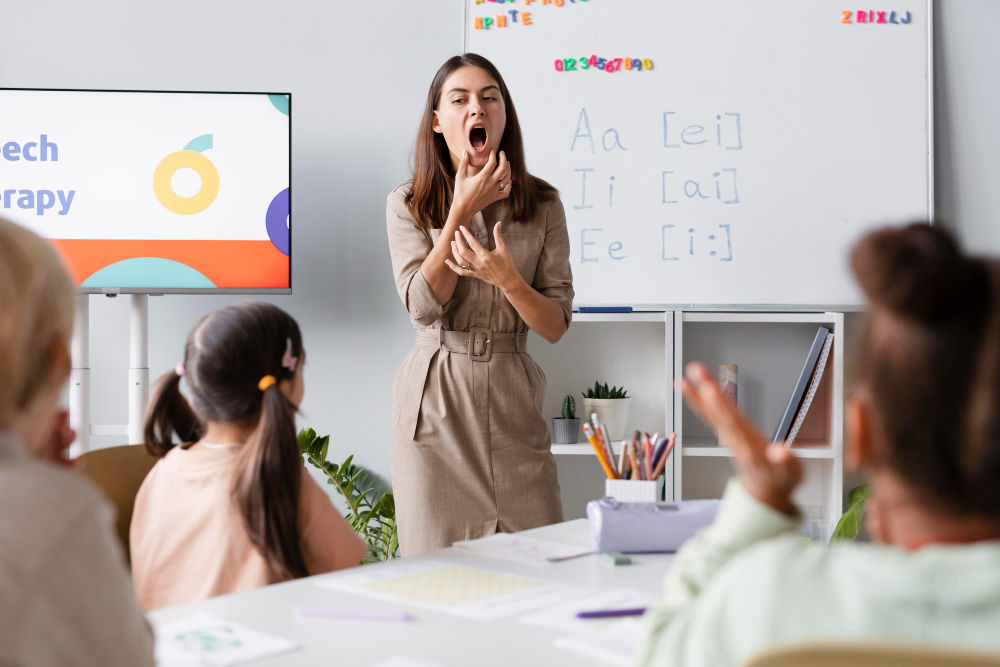When should we add eye contact goals? Or why should we target them if they're deemed culturally inappropriate?
Eye Contact Goals
SLP
Verified
Closing academic achievement gaps as speech pat...
Closing academic achievement gaps as speech pathologists should be a collaborative effort. As language experts, we're required to advocate for cultural linguistic diversity. I wrote an article with Dr. Valencia Perry about specific steps we can take to support the communicative behaviors of Black and Latinx children. You can check out our articles on ASHA Leader here: https://leader.pubs.asha.org/do/10.1044/2021-0223-cultural-responsiveness/full/
I'm going LIVE tonight with Jackie Hernandez, MS CCC-SLP. We will be talking about bilingualism across the lifespan and health literacy considerations. Let us know what questions you have! Tune in at 5pm CT/6pm ET on the Pediatric Speech Sister Network!
youtube.com/@pediatricspeechsisternetwork
Bilingual Fluency Therapy Materials
SLP
Verified
Hi! Where can I find bilingual fluency therapy materials?
Speech & Hearing Sciences team researches novel...
It’s a difficult, impressive feat on its own to help children work through speech problems. It’s even more inspiring when you take into account the bridge of language itself.
That’s a path just crossed by UNM Speech & Hearing Sciences Assistant Professor Carlos Irizarry-Pérez, in his newly published research, titled: A Complexity Approach to Promoting Within- and Cross-Language Generalization in Bilingual Children With Phonological Delays.

Remember: Trauma is not about the event itself but how someone reacts to the event.
An example of a trauma-informed mindset: If a child is having a temper tantrum after not getting his way, think, "how can I help this child self-regulate?" rather than, "what is wrong with this child? (in a judgement tone)" Reframing our mindsets go a long way! I'll be putting out more information on the Pediatric Speech Sister Show! You can check out the latest episodes in the meantime here: tinyurl.com/pssmedia
Another way we can cultivate a trauma-informed mindset when working with diverse populations is to recognize that trauma looks different for different people. For example, what's traumatic for a child may be different than what's traumatic for an adult. Regardless, we should approach this child with care and take their traumatic reactions seriously and valid.
Where do you like to go to learn more about tra...
Scope of Practice in Speech-Language Pathology
Although SLPs should consider the impact of trauma when working with multicultural populations, we should always know when to REFER. Do not stay out of our scope of practice. You can refer to the scope of practice here: https://www.asha.org/policy/sp2016-00343/

